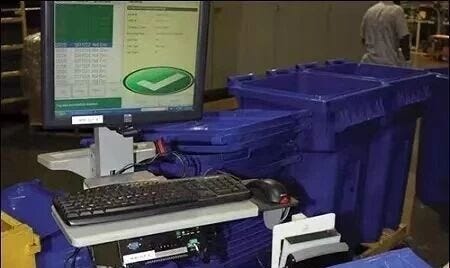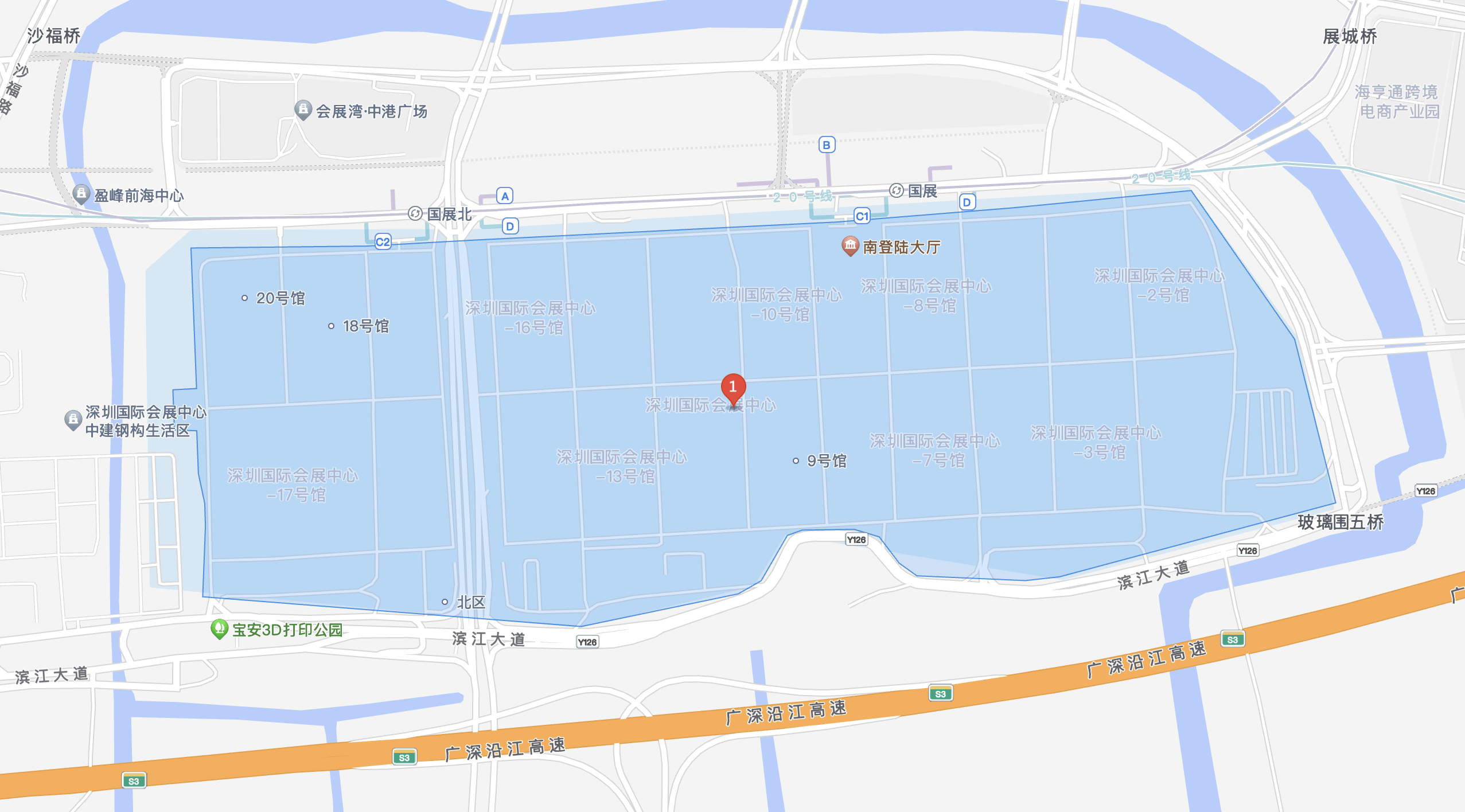Recently, the Manesar Municipal Corporation in Gurgaon, India, issued an important notice announcing the comprehensive installation of RFID tags in all residential areas, collective housing complexes, and commercial establishments within its jurisdiction. This initiative is a key action by the municipal corporation in response to the "Clean India Mission" (City Version) and to implement the Solid Waste Management Regulations promulgated in 2016. Its core objectives are to improve the monitoring efficiency of waste collection, clarify responsibility, and further optimize service quality, making the entire waste management process more standardized and transparent.
No fees will be charged to any residents or businesses
From a practical perspective, the installation of RFID tags will bring significant changes to waste management in Manesar. Through these tags, the municipality can accurately track and monitor the entire process of waste generated by each residential and commercial unit, from collection to transportation, and verify whether each step is completed according to regulations. This means that problems such as missed waste collection, transportation delays, and unclear responsibilities that may have existed in the past will be effectively resolved through technological means.
Previously, the Manesar Municipal Corporation had already contracted out door-to-door waste collection services to a private company through a bidding process. According to the contract signed by both parties, this private organization is responsible not only for collecting and transporting garbage, but also for handling the disposal of solid waste, including waste generated by major waste producers. Simultaneously, the organization is also required by the contract to install RFID tags. This "one-stop" responsibility allocation model effectively avoids potential gaps in coordination when multiple organizations collaborate, ensuring smooth connections between all aspects of waste management.
In its official announcement, the Manesar Municipal Corporation specifically addressed concerns raised by residents and businesses. Firstly, it clarified that installing RFID tags would not incur any fees for residents or businesses, completely allaying public concerns about "disguised charges." Secondly, to ensure the safety and standardization of the installation process, the municipal corporation emphasized that private company personnel must carry an official authorization letter and identification documents issued by the municipal corporation when performing installations. Residents and businesses can verify the identity of personnel by checking these documents, preventing unauthorized personnel from entering their premises.
Furthermore, the official announcement stated that all data collected through RFID tags will be specifically used to improve the quality of waste collection services in the Manesar region. For example, staff scheduling will be adjusted based on waste collection frequency data, and vehicle routes will be optimized based on actual transportation conditions, thereby making the entire waste management and operation process more efficient and cost-effective.
It is worth noting that before Manesar implemented this project, the Gurgaon Municipal Council attempted a similar RFID waste tracking project in 2022, but it ultimately failed to be successfully implemented. At the time, the project planned to install 300,000 RFID tags within the jurisdiction of the Gurgaon Municipal Council. The total estimated cost of the project was 90 million rupees. The agency responsible for the implementation had received about 30 million rupees in funding from the municipality and claimed to have completed the installation of 200,000 tags.

According to the initial plan for the 2022 project, garbage collectors would use specialized scanning equipment to scan the tags outside residents' doors. After scanning, key information such as the time and location of garbage collection would be automatically synchronized to two terminals: one was the resident's personal mobile phone, allowing them to track the progress of their garbage disposal in real time; the other was the municipal waste management command center, enabling the command center to monitor the overall collection situation in real time, coordinate transportation vehicles, and form a three-way linkage record system between residents, collectors, and the command center, achieving full traceability of the garbage disposal process.
However, the 2022 project ultimately failed to proceed as planned. The implementing agency explained that due to the disruption of door-to-door garbage collection in Gurgaon, the basic garbage collection process could not be carried out normally, making subsequent work relying on RFID tag tracking and data synchronization difficult, thus bringing the entire project to a standstill.
The current RFID tag garbage tracking project implemented by the Manesar Municipal Company not only draws on the experience of the 2022 project but also optimizes and addresses the previous problems. For example, clearly designating a single private entity to be responsible for waste collection, transportation, disposal, and tag installation reduces uncertainty associated with multi-entity collaboration; explaining the details of free installation and identity verification to the public in advance enhances the willingness of residents and businesses to cooperate. With the project's implementation, Manesar expects to achieve refined and transparent waste management through technological means, providing a more efficient solution for local urban environmental governance.
Why RFID?
Choosing RFID for intelligent waste management is primarily because it accurately addresses the pain points of traditional waste management and adapts to the core needs of the scenario. Specifically, RFID's role is reflected in the following aspects:
Strong environmental adaptability: RFID tags are resistant to dirt, water, and extreme temperatures, allowing them to work stably in damp and dirty environments like garbage bins, unlike barcodes and QR codes which are prone to wear and tear.
Contactless and efficient identification: Readers can read tags from a distance and in batches, eliminating the need for garbage trucks to stop and scan at close range. They can even penetrate the outer shell of garbage bins, significantly improving collection efficiency.
Outstanding data storage and traceability capabilities: The tags can store resident information, garbage bin numbers, disposal records, and other data, supporting full-process traceability. They can directly connect to classification assessment and management ledgers, solving the problems of "lack of traceability and cumbersome statistics" in traditional management.
Balance between stability and cost: RFID tags have a long lifespan and are reusable. In the long run, they are less costly than disposable barcodes or manual registration, and have high identification accuracy, unaffected by factors such as light or obstruction.


















